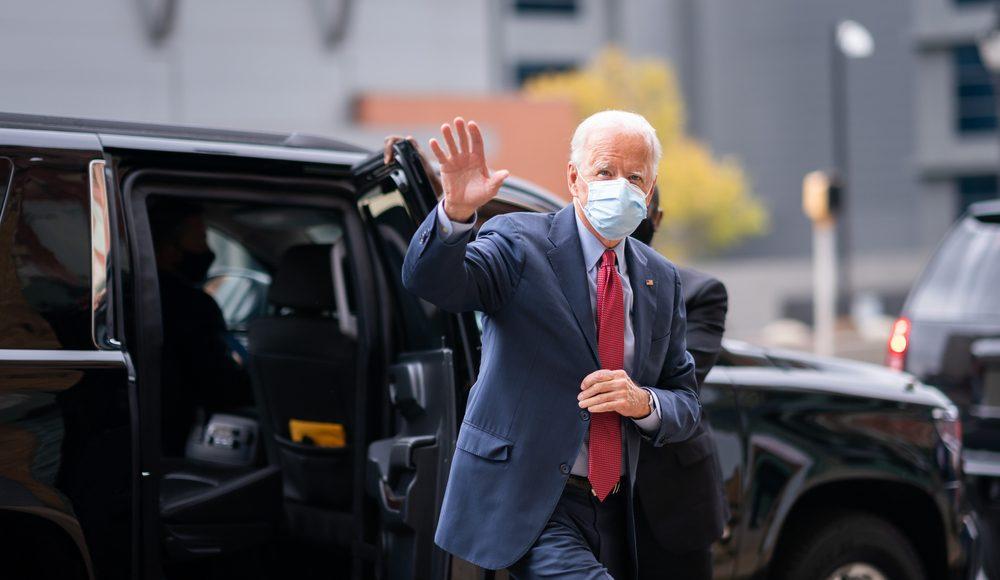US President-elect Joe Biden has announced a $1.9tn economic relief package to boost the bruised American economy ahead of his inauguration next week.
Although the plan still needs to be approved by Congress before it is implemented, with the Democrats holding slim majorities in both the House of Representatives and the Senate – the first time the party has had control of both houses of Congress for a decade – it is expected that Biden’s proposal will pass, if with a little tussle from Republican senators who oppose its outlandish cost.
The package will include $415bn to pump into efforts to tackle the coronavirus pandemic, as well as a $440bn boost for small businesses, and direct cash payments of $1,400 – on top of the $600 already approved last month – to every “eligible” US adult to help mitigate the financial burden of Covid-19.
On top of this, Biden has pledged $20bn into making sure Americans get vaccinated against the virus, with the money being used to help set up mass vaccination centres and mobile units that can be used to reach remote parts of the country. The package also calls for an additional $50bn to expand testing and $130bn to help most schools reopen by the spring, as well as funds set aside to aid the hiring of 100,000 public health workers for contact tracing.
There are currently nearly 11 million people unemployed across the country, but Biden’s proposed package would see supplemental jobless benefits increase to $400 a week from $300 a week and also be extended until September. Evictions and home repossessions are also expected to be paused.
Among the more popular of Biden’s pledges is the plan to introduce a bill to Congress that could see the federal minimum wage doubled to $15 per hour – a Democrat commitment which predates the pandemic – although this one is probably going to face a lot of obstruction from the Republican party.
The Dow Jones was on the subdued side on Friday morning despite Biden’s stimulus plan announcement, actually slipping a bit, although this can most likely be attributed to yesterday’s news that US jobless claims have surged to their highest level since August 2020.
Commenting on the market’s week-end performance, Spreadex‘s financial analyst Connor Campbell weighed in:
“It seems the market’s view is that it is all well and good promising such stimulus – now Biden needs to get it through a precariously balanced, and distracted, Senate. If the incoming President can achieve that, then investors might be in the mood to celebrate.
“At the moment the Dow Jones doesn’t seem ready to applaud Biden’s stimulus plans, especially in light of Thursday’s jobless claims reading, which neared 1 million for the first time since the end of August.
“Instead the Dow is facing a 100 point decline after the bell rings stateside, a loss that would leave it a fraction above 30,900.
“One thing that could change the complexion of this afternoon’s trading is the US retail sales numbers for December. The standard reading is set to rise from -1.1% to 0.0% month-on-month, with the core figure up from -0.9% to -0.1%. Beats for either of those could put a smile on the Dow’s face”.

